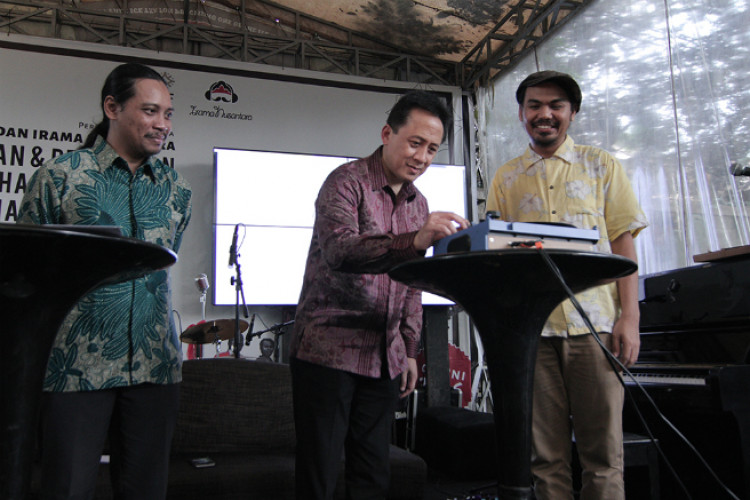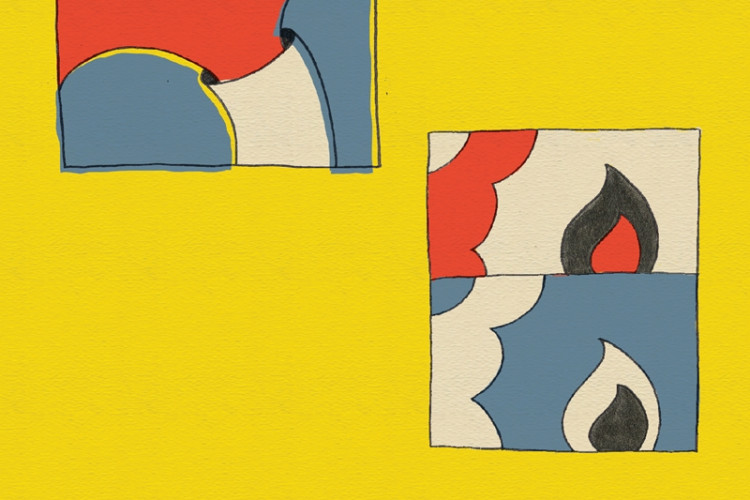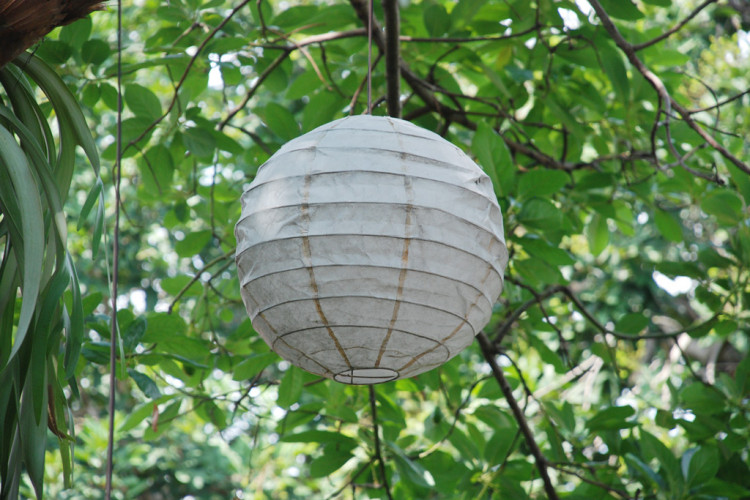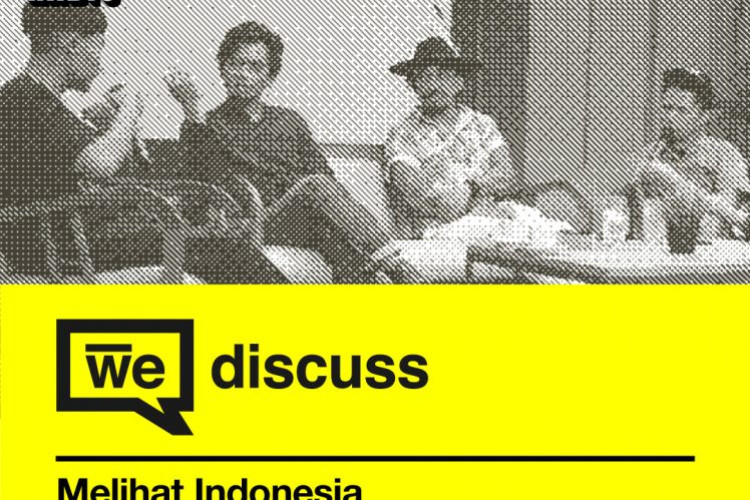Sunday in Surabaya with Alek Kowalski
Mariati Galatio (M) talks to Soledad and the Sisters co. Alek Kowalski (A).
by Ken Jenie
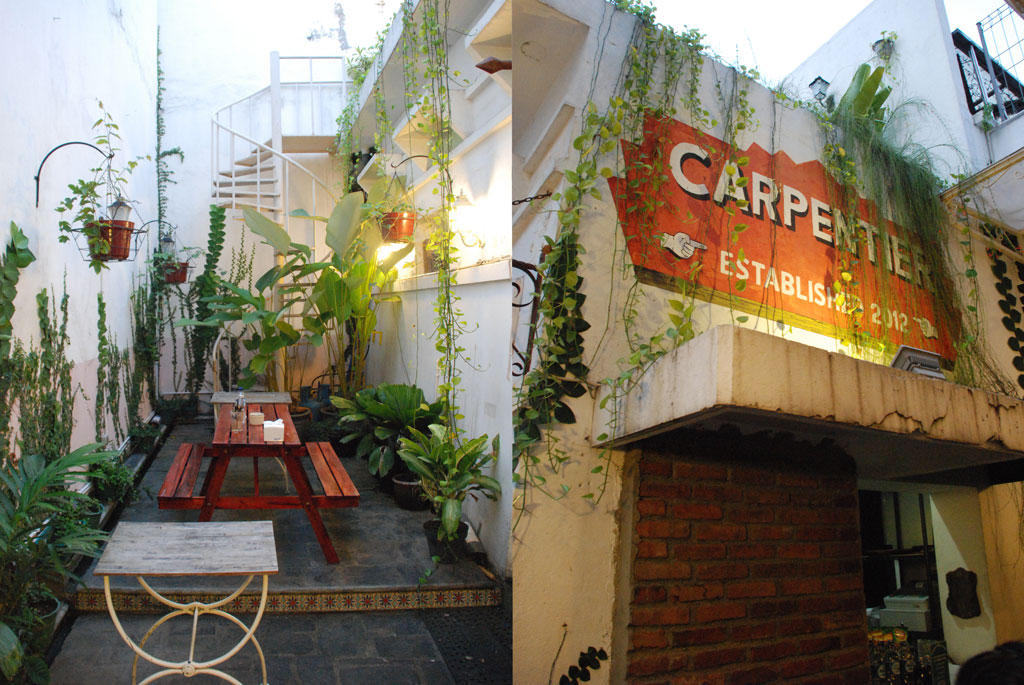
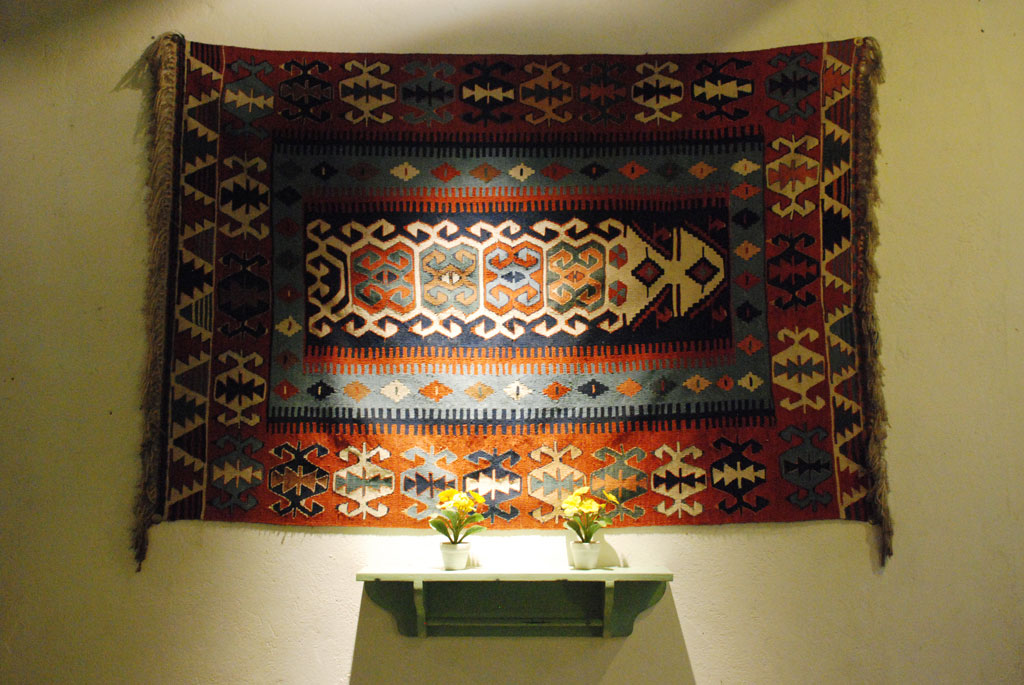
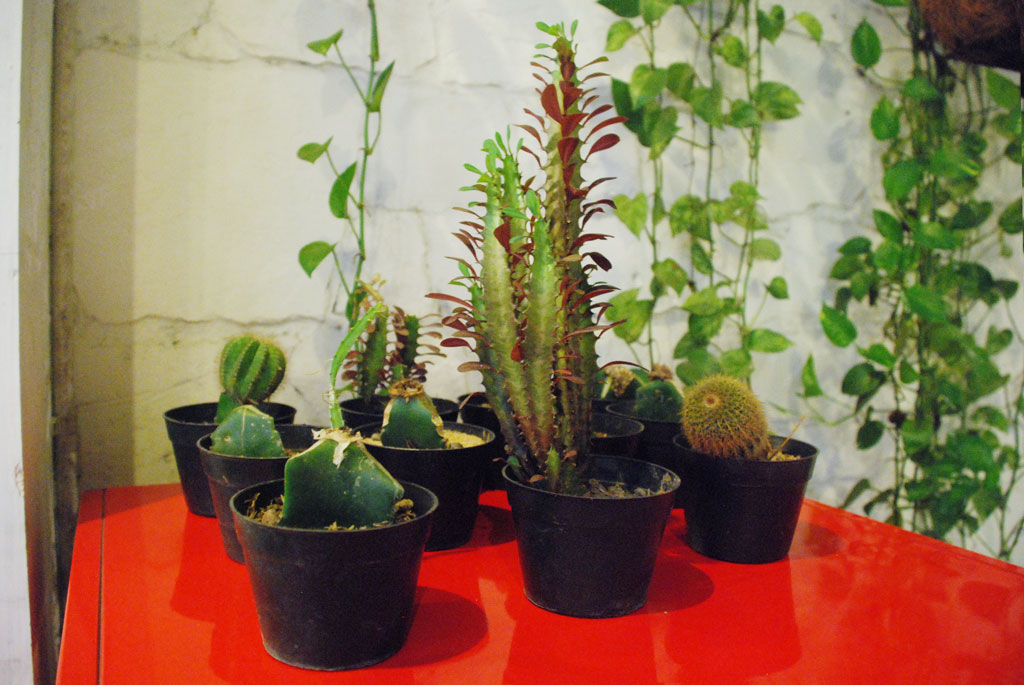
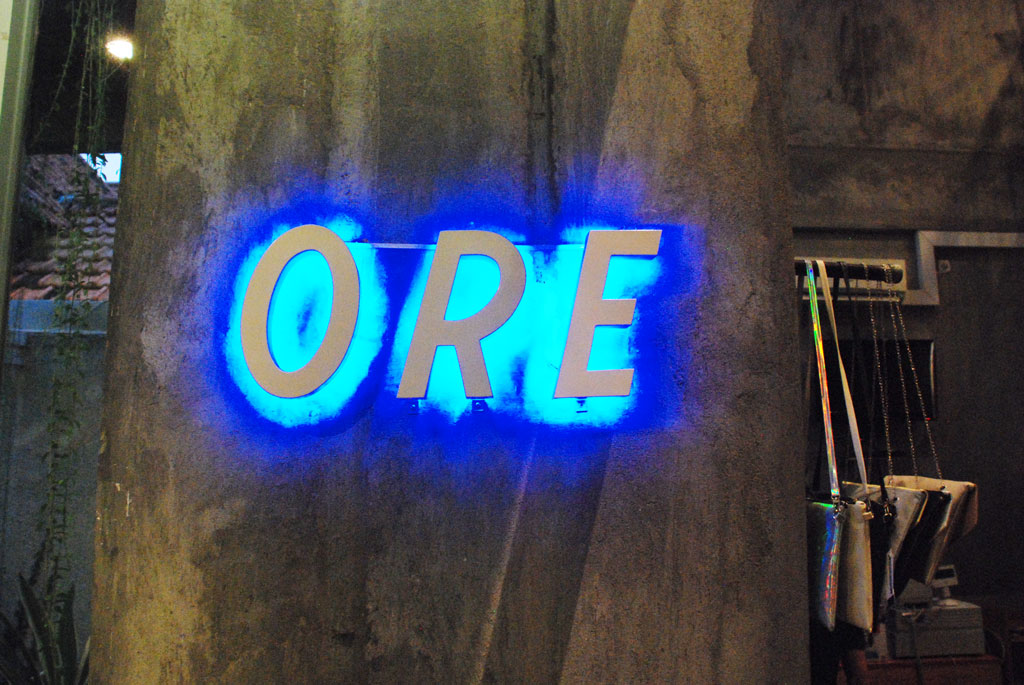
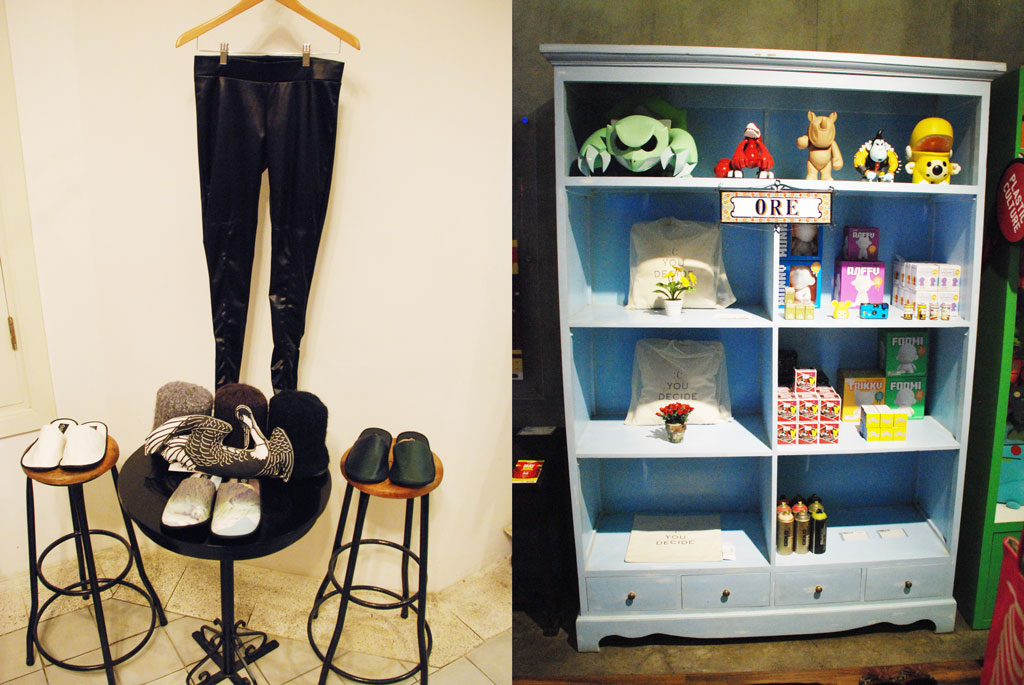
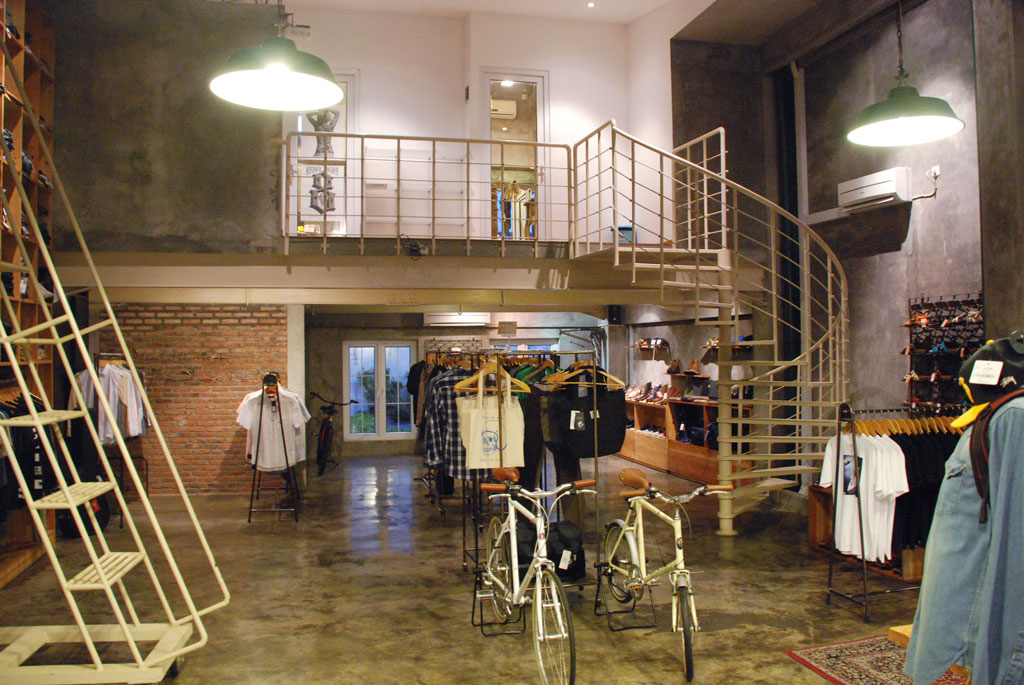
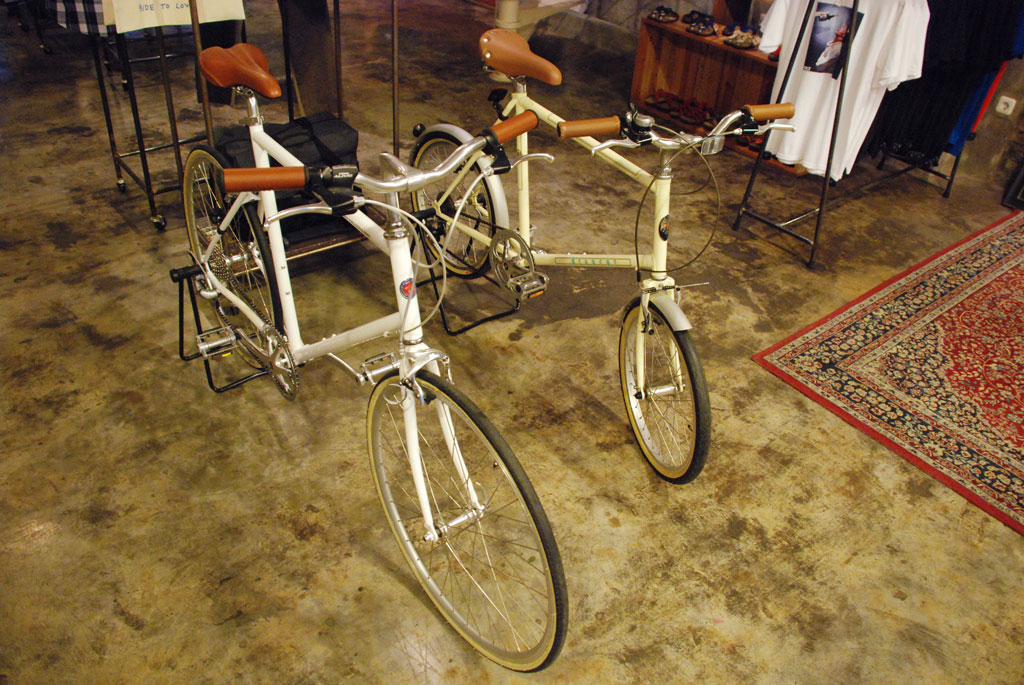
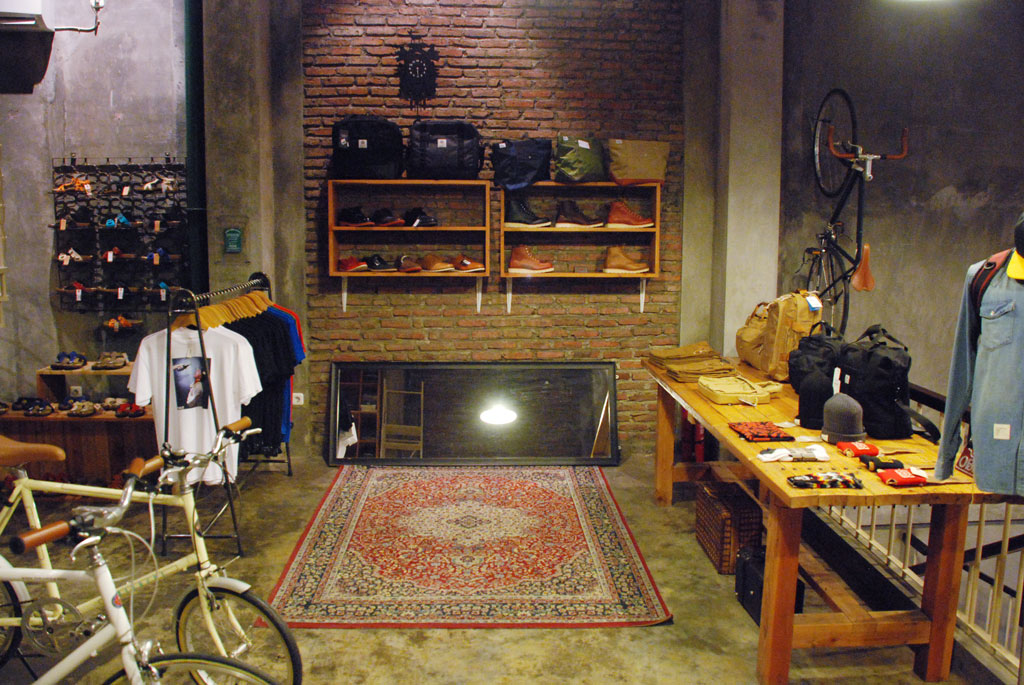
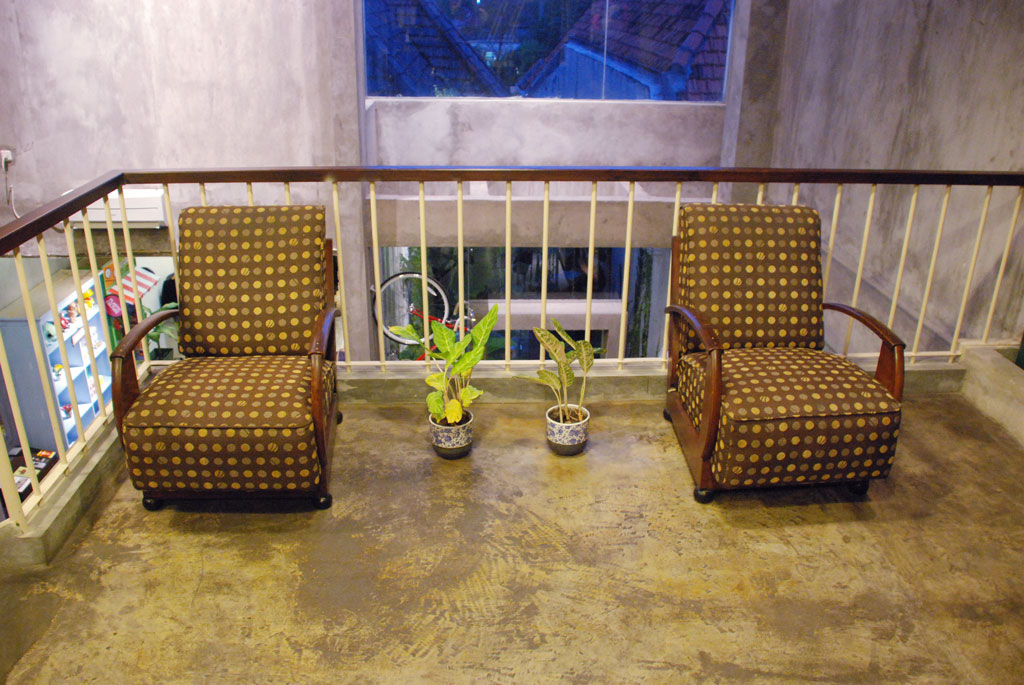
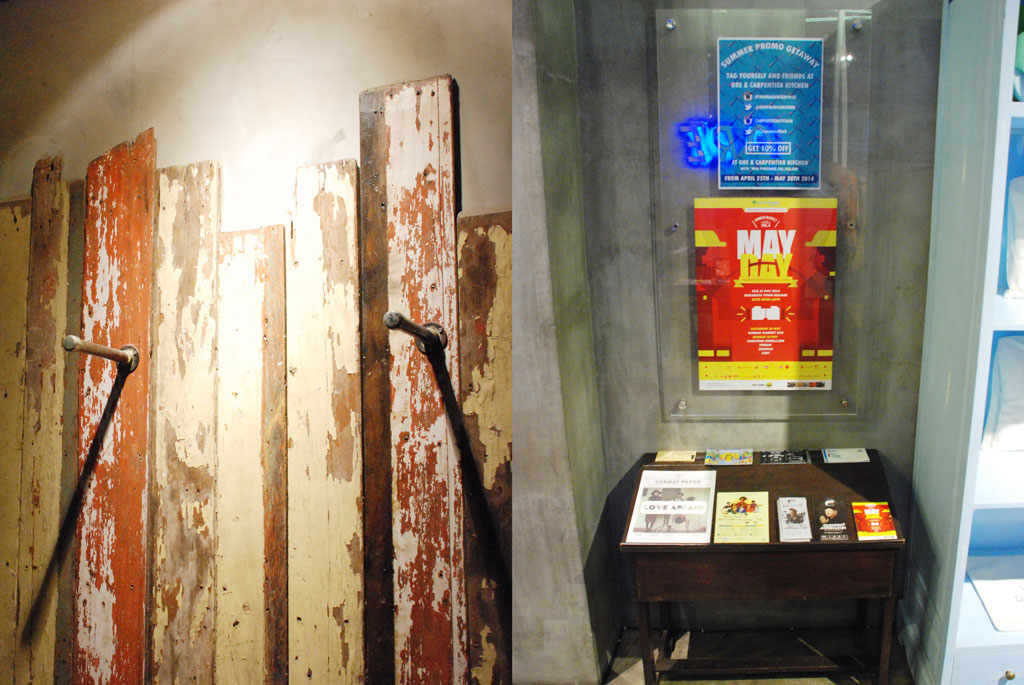
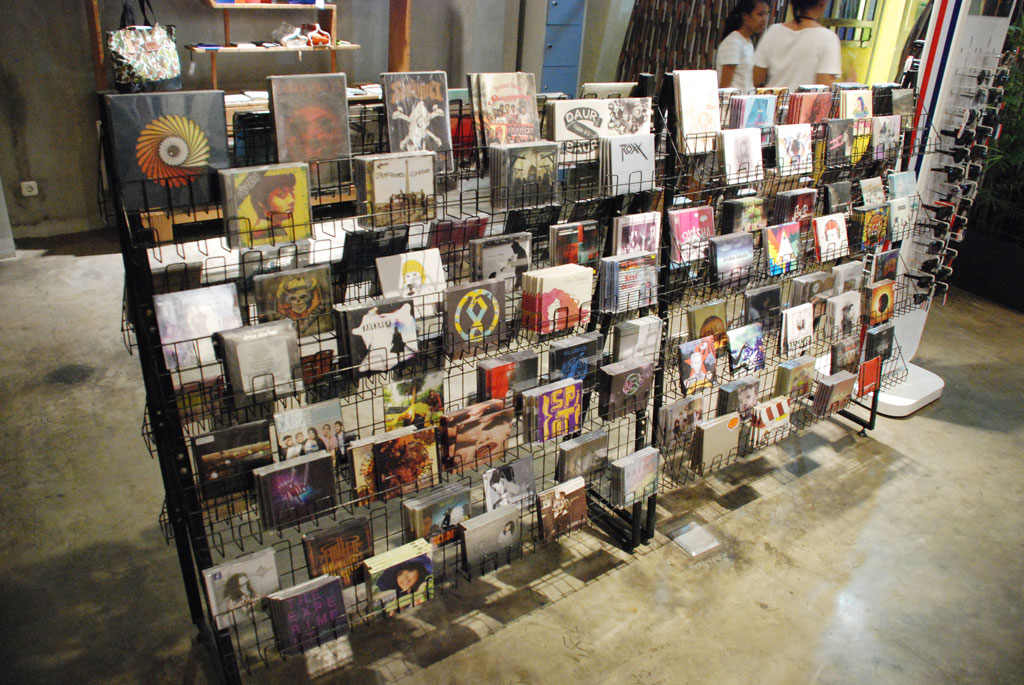
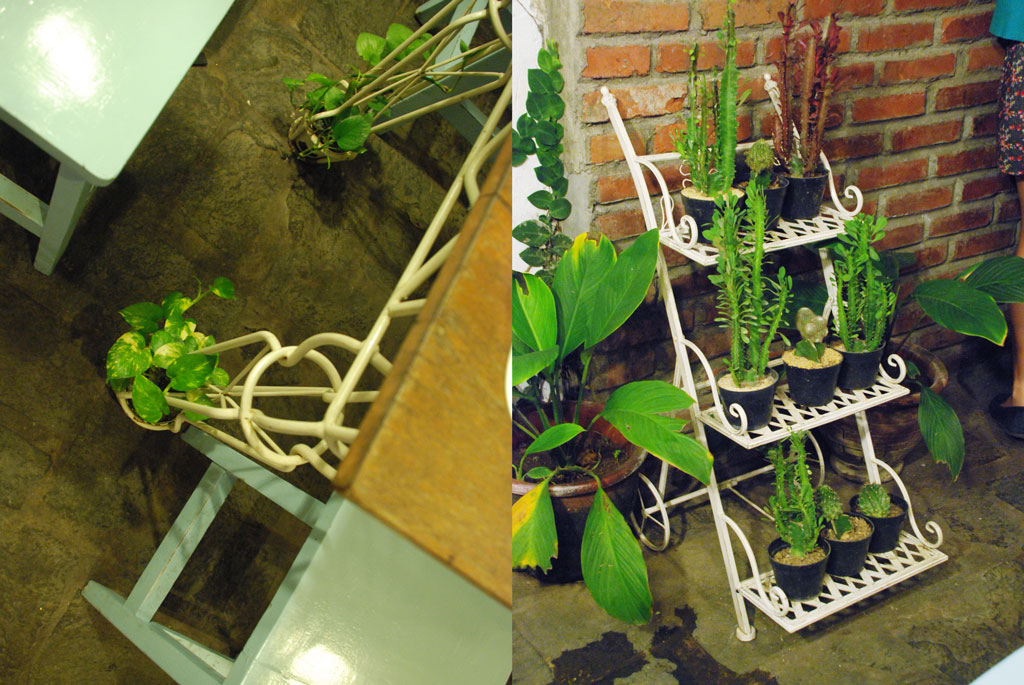
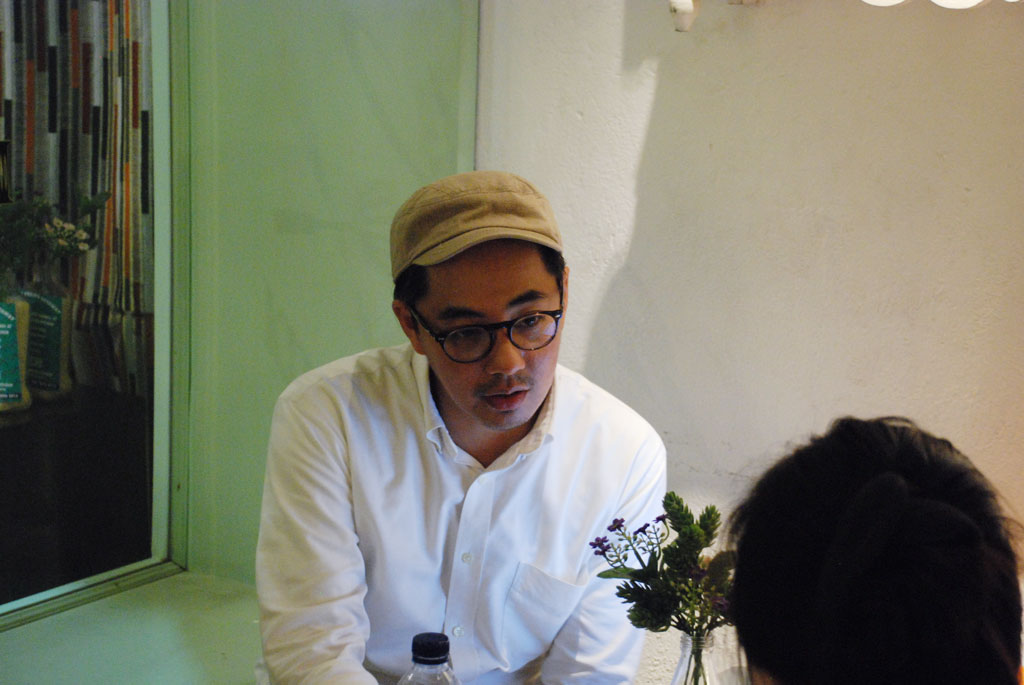
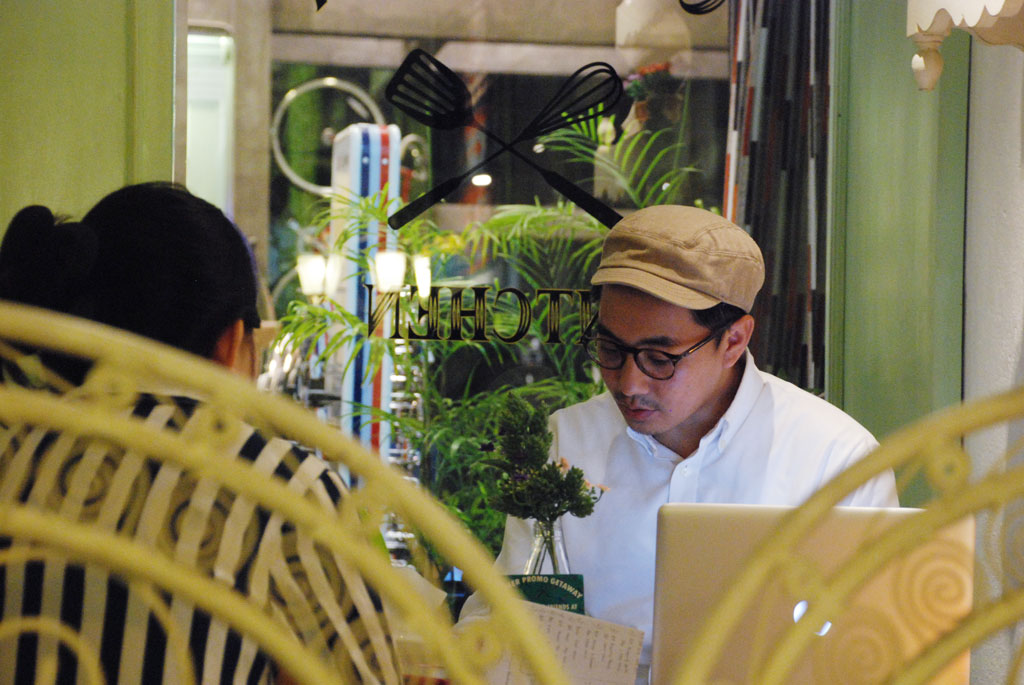
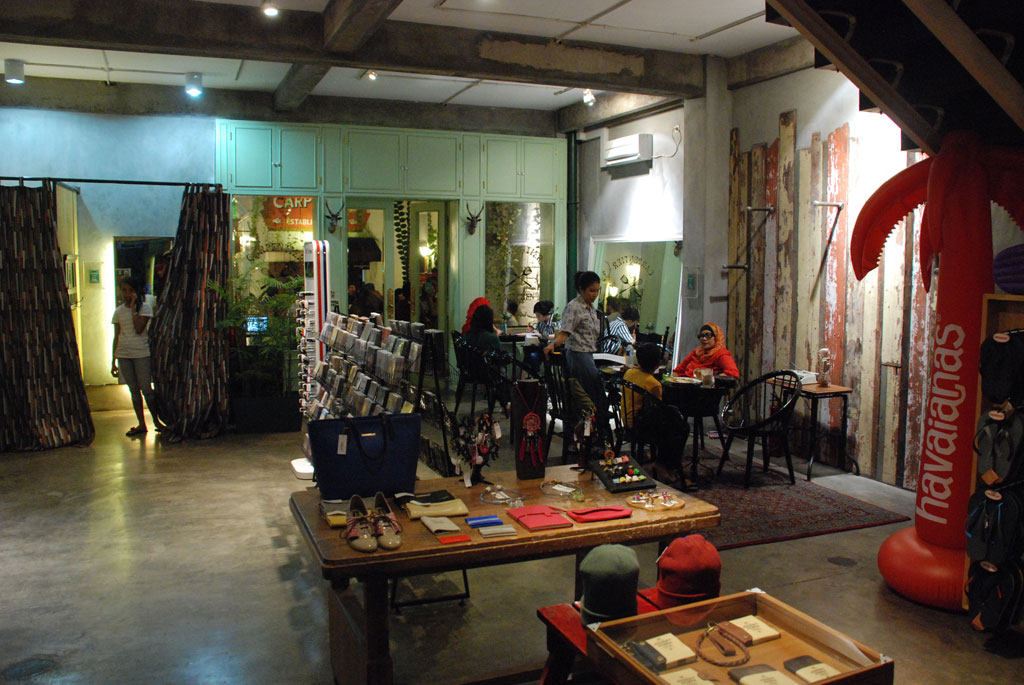
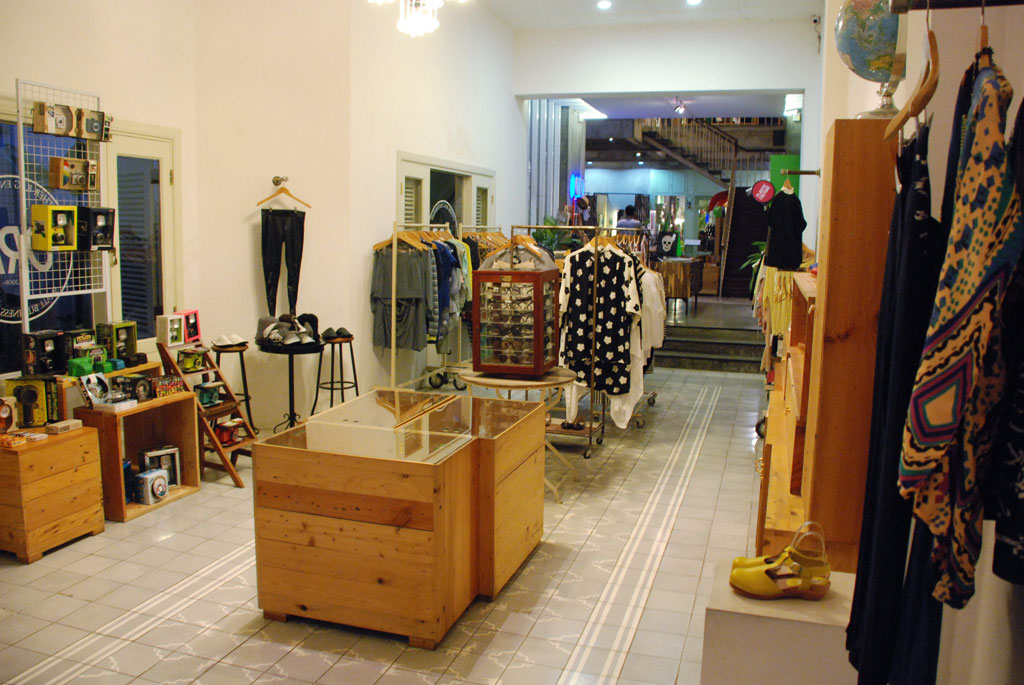
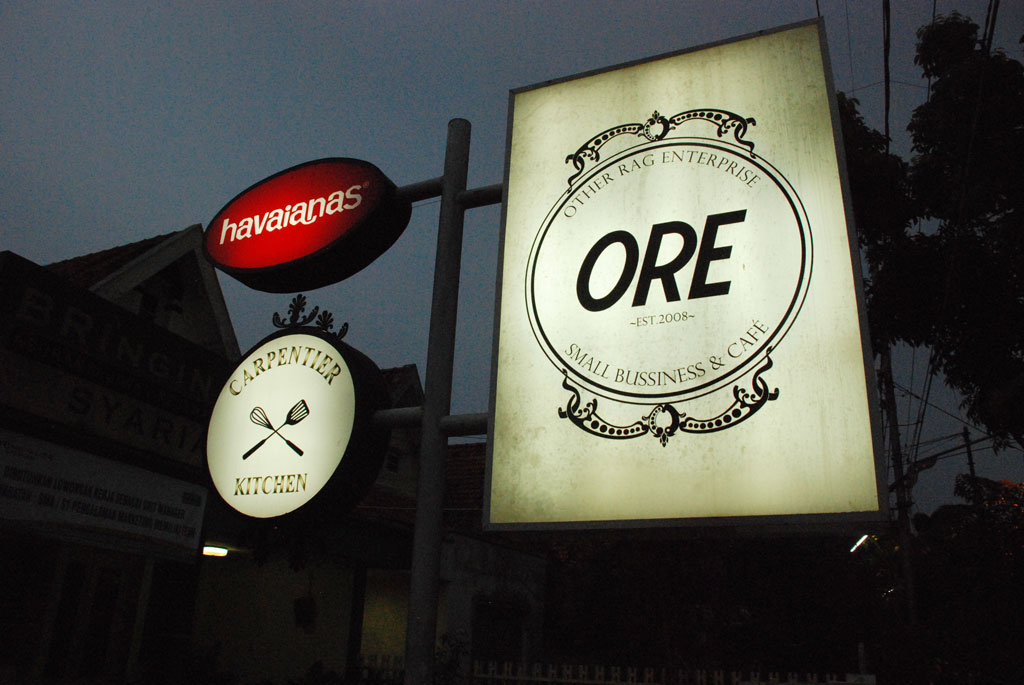
M
Firstly, could you tell us a bit about your background?
A
I was studying communications in college, though I never finished because I have wanted to establish myself since high school. I started a clothing label called Rotten Apple with my friends and finally established a shop called Sub. The shop grew and I felt that we had come to a point where we had to choose whether to continue with school or focus on our business. I decided that I would concentrate on establishing our business and I ended up opening three shops and three clothing labels in the span of 11 years.
M
What were the names of your label?
A
The first was Subway, then Rotten Apple, and now All the Things I’ve Done – which is still running.
M
You now have a shop called Ore along with a cafe Carpentier Kitchen.
A
Yes. I have always wanted to create a streetwear boutique where you can find many local brands. I created the shop with my wife, Dewi, who studied in Raffles Fashion Design. Her and her friends just graduated and were creating their own brands. We thought to ourselves that we should create a place where we can house these brands as well as international brands that we enjoyed.
We moved to the current Ore location in 2012, but the shop itself was established in 2008. The first Ore was in a shop house and we didn’t really feel that it was an optimal location. 2008 did feel like the right time to establish the shop, though, so we went ahead and did it. In 2012 we found the Jalan Untung Suropati location and moved in. Dewi enjoys classic colonial architecture while I like the industrial modern look – the current location was a perfect place to house both.
M
Carpentier Kitchen was established when you moved to Untung Suropati Street, right?
A
Yes, but having a café/restaurant has always been part of the Ore plans.
M
What was it like seeing Ore and Carpentier Kitchen grow?
A
We established Ore in 2008 – there were only a significant traffic starting 2012. We were bleeding for four years.
M
How were you able to sustain the business for so long?
A
We have a parent company called Soledad and the Sister Company which house multiple subsidiaries including Ore, Carpentier Kitchen, All The Things I’ve Done, Work the Shop, and others. Work the Shop is our safety net as it handles corporate clients for the past eight years.
M
What made you want to maintain Ore for so long, especially the moments when it wasn’t making money?
A
I feel that Ore is the project I felt most comfortable and confident with. I really believe in the shop, and I saw that other people were heading in the direction where they would enjoy Ore.
For eleven years, from Subway, Rotten Apple, until now, we have always faced a similar cycle. The first year would be the most difficult, about one and a half years people would start paying attention, and later it would become popular.
M
How would you say Ore is different from your previous projects?
A
Subway and Rotten Apple grew into a community-based label – as in, the clientele were mostly from certain communities. This association intimidated people. This is what we want to avoid in Ore/Carpentier kitchen – we would like everyone to be able to enjoy the shop and restaurant.
M
Now, the Sunday Market events at Surabaya Town Square has been one of your most successful ventures. Could you tell us a bit about it?
A
We came up with the Sunday Market flea market concept in 2009 after looking at many events of its kind from different places. We wanted to make a swap-meet-like event, a small flea market of sorts. We then presented this event concept to malls, museums, public government spaces – and were rejected.
We gave up on the idea and didn’t want to continue because it was so difficult to get a venue and sponsor – we didn’t have the money to create it ourselves.
In 2012, our friend started working in Sutos (Surabaya Town Square) and asked me to create an event here. I didn’t have any other idea except our 2009 Sunday Market idea. He introduced us to his boss and we presented our idea. She agreed and funded our very first Sunday Market event.
During our first Sunday Market, we didn’t really have any speculation as to how successful this event would be. Luckily, the attendance hit 10,000 people – it was very successful. The Sutos management was very happy and suggested to make one every week, but of course we couldn’t do that. We wanted to hold Sunday Market twice a year with consideration that the people involved are friends who make indie gigs. We ended up organizing Sunday Market three times a year. We work with our friends at C2O because they are excellent at organizing and documenting.
M
What are the future plans for Sunday Market?
A
Surabaya is a dynamic city where things keep changing, and I feel that we have to be careful with our direction for Sunday Market. The event visitors keep growing – our last event had 14,000. Even with this growing number, when I talk to people in Ore, many do not know about Sunday Market.
M
So there is even more potential.
A
Yes.
M
The next questions is related to your comment – how would you describe the city of Surabaya’s character and the character of its youth?
A
I can’t really describe to you its character because there are so many different communities with their own distinct characters.
M
Is there a general characteristic?
A
Personally, I don’t think so. I have a friend that works in a tobacco company tell me that Surabaya has the most difficult market. Analyzing the Surabaya market is difficult.
I do always feel that Surabaya is a big village, though. There is a strong sense of community and pride here that is usually associated with a village.
M
Could you describe the character of Surabaya’s creative scene?
A
The creative scene in Surabaya is a small one. People’s mindset still lean towards getting steady jobs – civil servants, banks, etc.
M
Not entrepreneurs.
A
No, not really, there are a few. Most people who own business do so because their parents did so, as in they are continuing their parents’ business. Most people here plays it safe.
There are even some people who have worked with us that decided to look for steady jobs.
There aren’t that many people here who are willing to try a creative occupation here.
M
The scene isn’t like Jakarta or Bandung?
A
You don’t even have to look that far. Malang, which is only two hours from here, has a bigger creative scene than Surabaya.
During the distro-trend in Indonesia in the early 2000s, there would be shops popping up in the major cities almost every month – there were only 4 in Surabaya, and lessened quickly.
M
It is very difficult for creatives here.
A
To be fair, though, if you look at Surabaya during the early 2000s and now, you will see a rise in the numbers of people involved in the creative scene. It is a steadily growing scene. For example, it took four years until people started noticing and visiting Ore.
M
You said in Youth Carnival 2013 that “We must make Surabaya an attractive city for the youth so they would not move to Jakarta or out of the country.” What do you think is driving the youth from Surabaya?
A
I believe it has to do with consistency. I see many talented people here in Surabaya – people whose potential you can see. The problem lies where they still don’t see a positive prospect for their career here in Surabaya. They would rather move to Jakarta because they feel that they can make a lot of money in a relatively short time. This, of course means that creative industry here becomes stagnant.
M
How do you think Surabaya can be more attractive to the youth?
A
I believe the role of the local government is a huge one. They don’t need to worry about funding. What they can do is provide the appropriate facilities and let the creative scene use them to their full potential. There has been improvement in recent years with the new parks, but there hasn’t been enough activities.
We have tried collaborating with them on multiple occasios, but unfortunately nothing has ever come to fruition. We aren’t giving up, though it is frustrating to get caught up in the bureaucracy and politics. Our team shouldn’t be concerned with the politics, we should be concerned with creating.
M
What is the creative potential of Surabaya and where do you see the creative scene headed?
A
I have a lot of hopes with Sunday Market. I would like this event to connect people and have them trade thoughts with each other. I hope it will become a hub for people to meet and collaborate.
The Surabaya creative scene will always grow, but it will be a slow process. There are more and more excellent creative people here.
M
Do you think it will still be a while until Surabaya is known for the arts?
A
I believe it will be difficult for Surabaya to be known for the arts. I believe that Surabaya will always be known as a business city, and this business aspect will adopt the arts – business with an edge, I suppose.
M
What made you want to be an entrepreneur?
A
I feel that I can work anywhere – even working with people. Me and Dewi feel very lucky that we can live off doing the things we want to do. The projects we are involved with do not make tons of money, but we get to make new and interesting people at every event. It also keeps us sane.
M
Any future projects coming up?
A
I’d like to go back into designing. All the Things I’ve Done has been on hiatus for a bit and I miss designing – I hope we get back into it soon.








